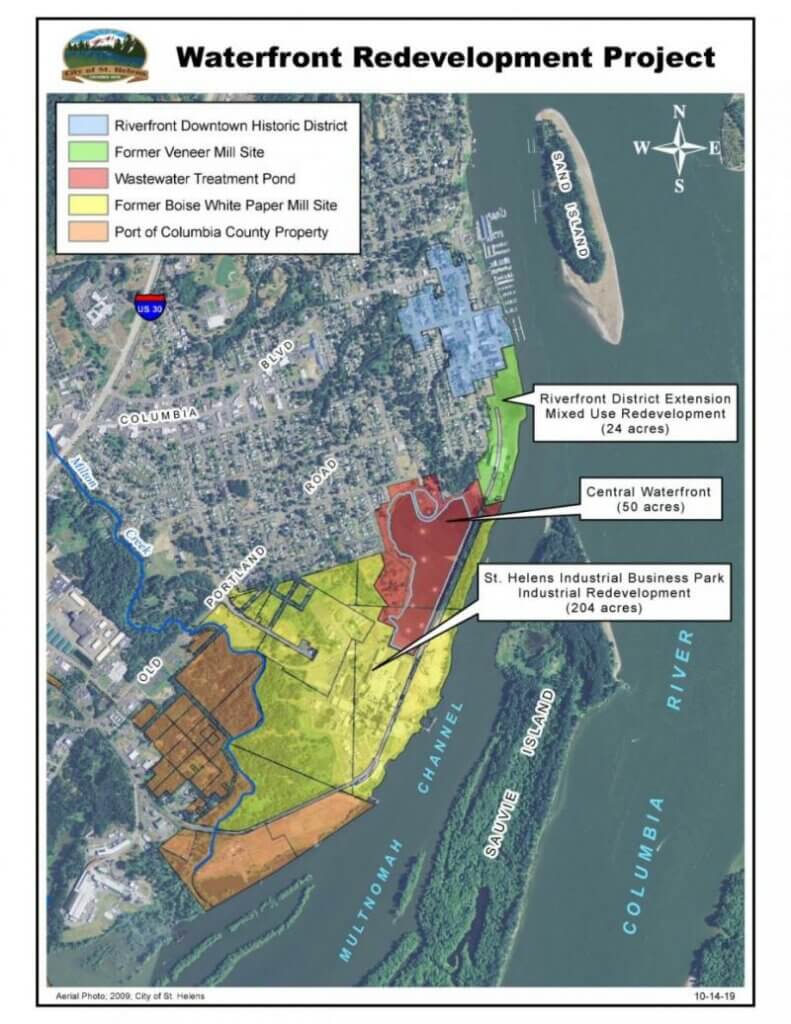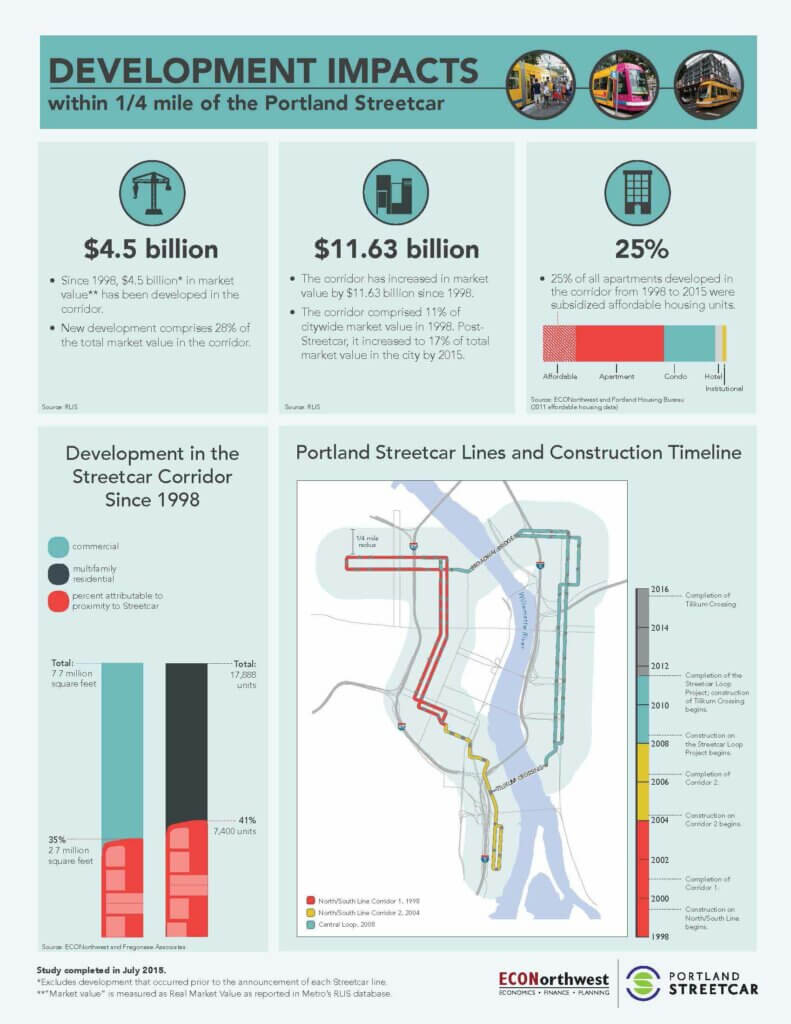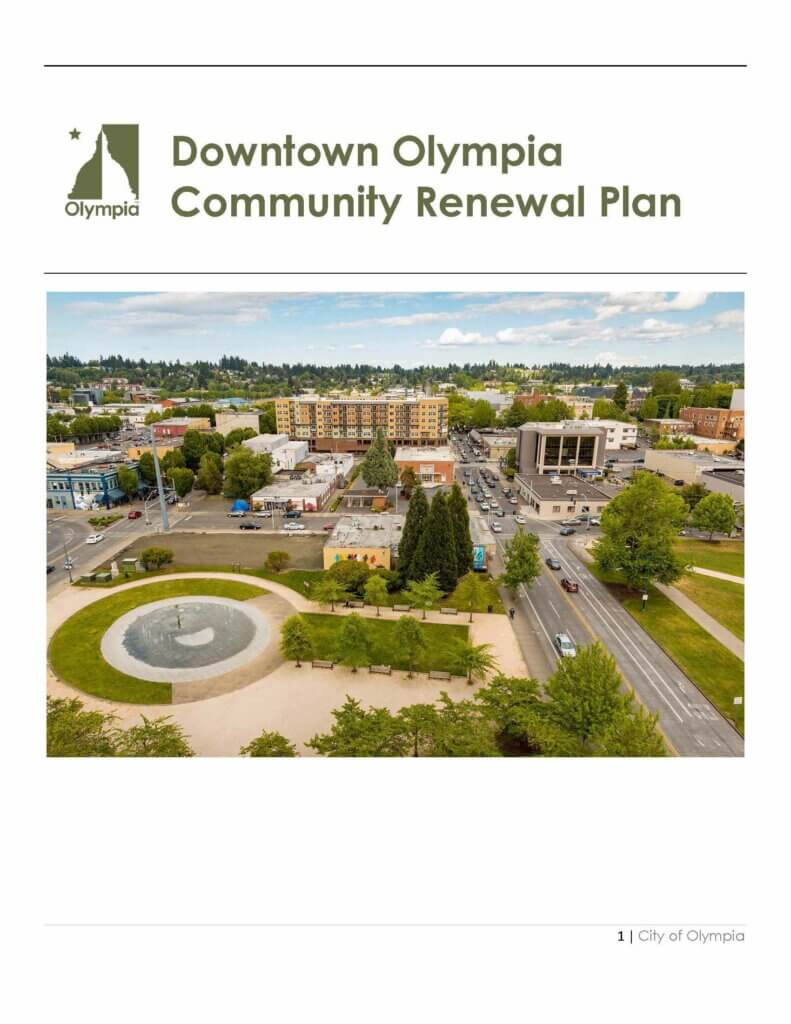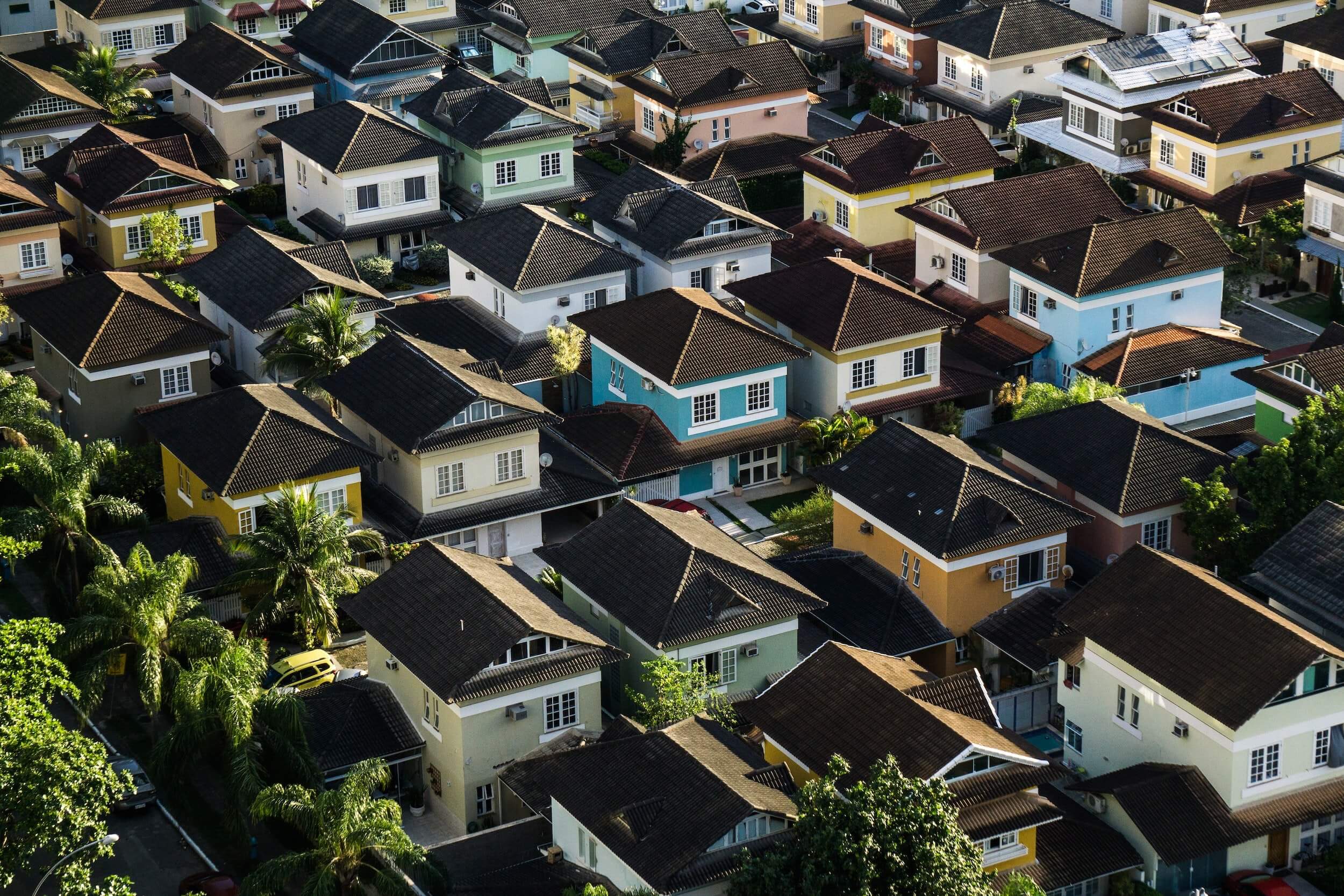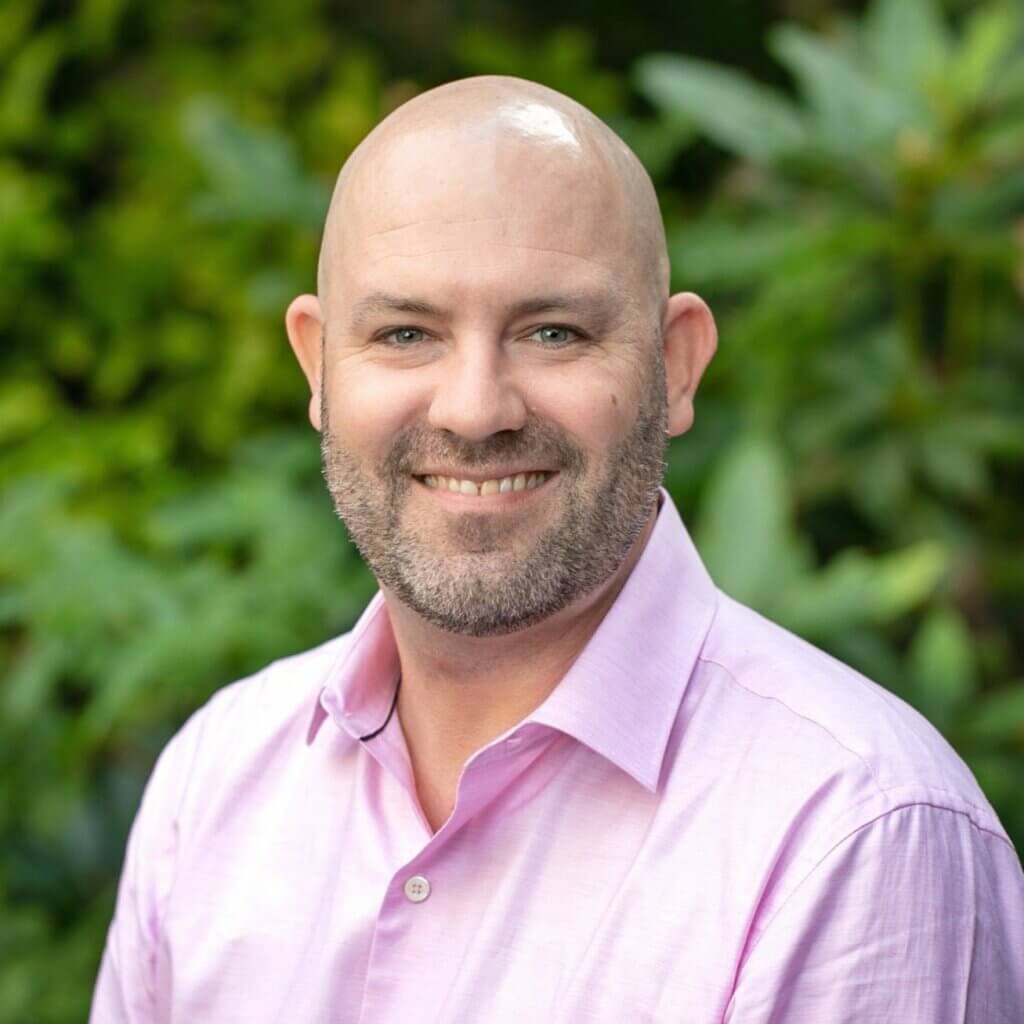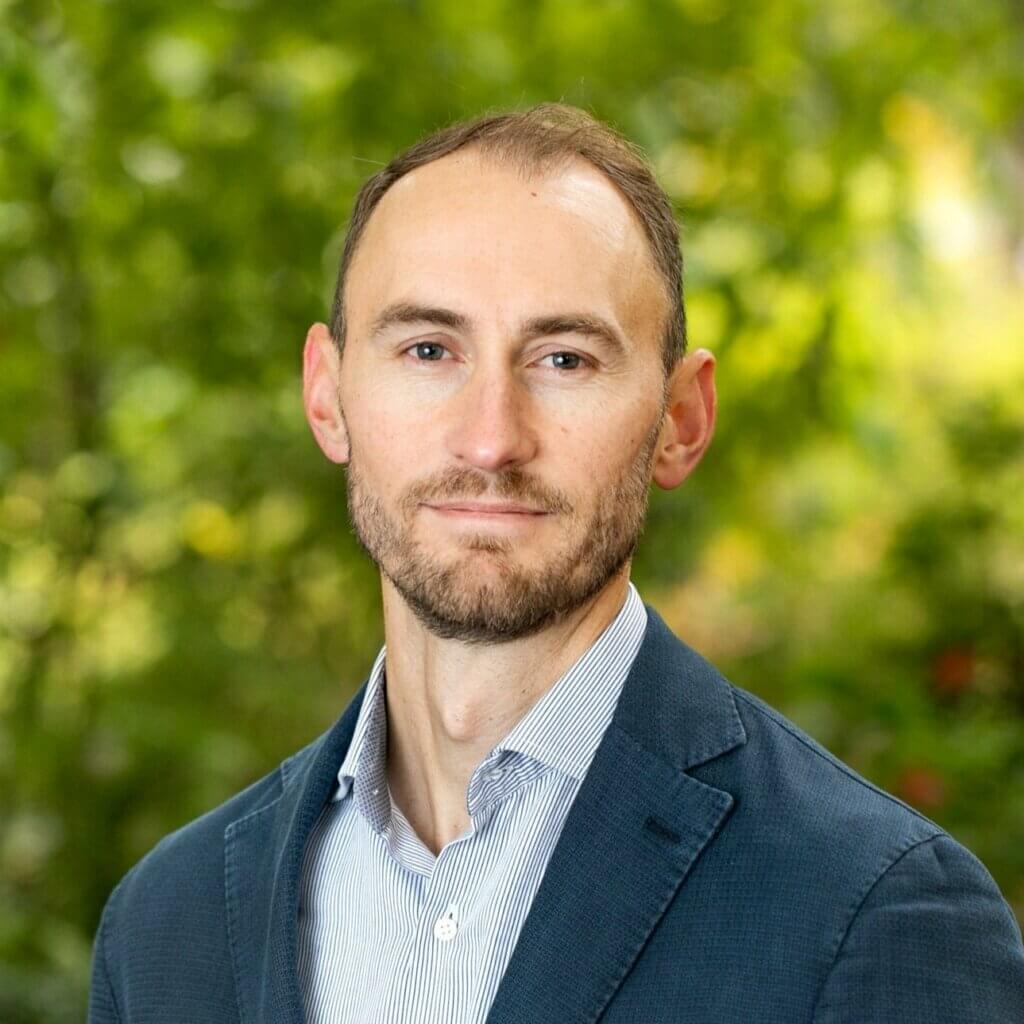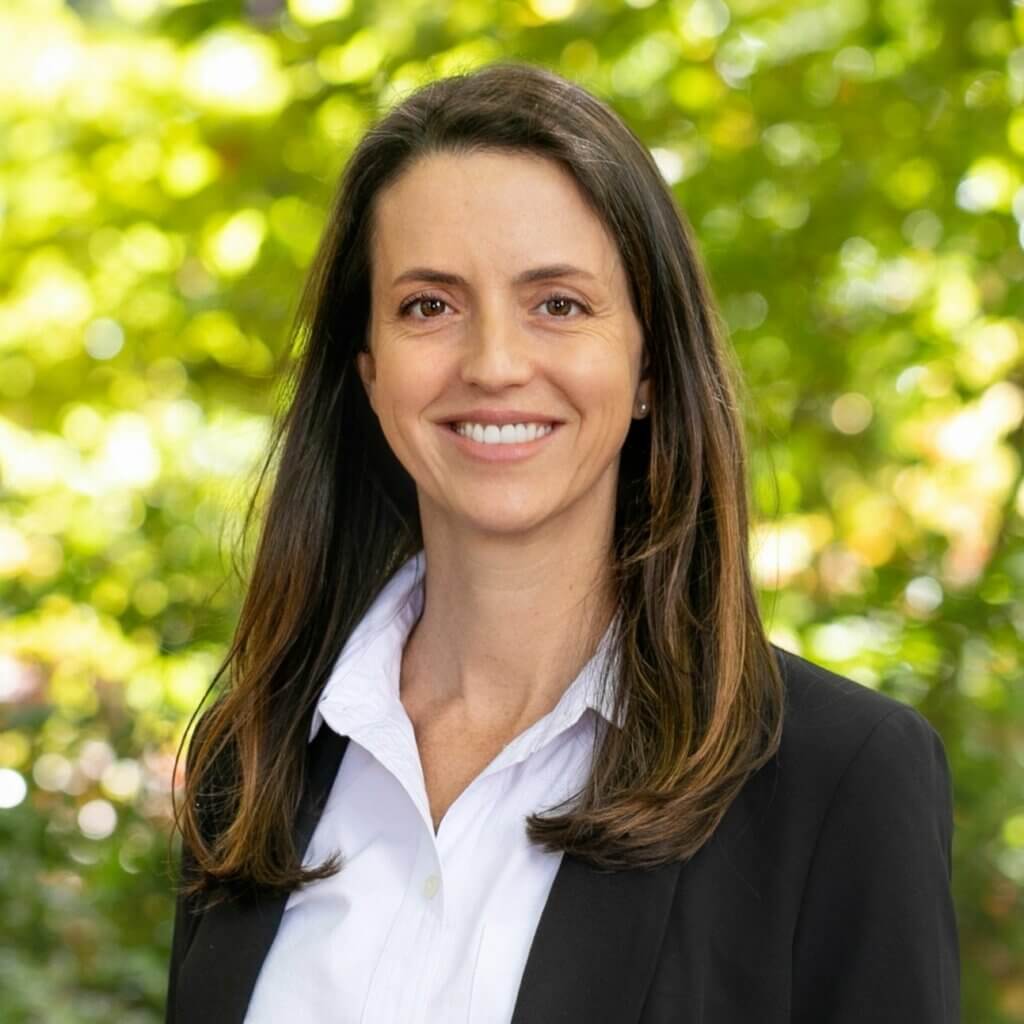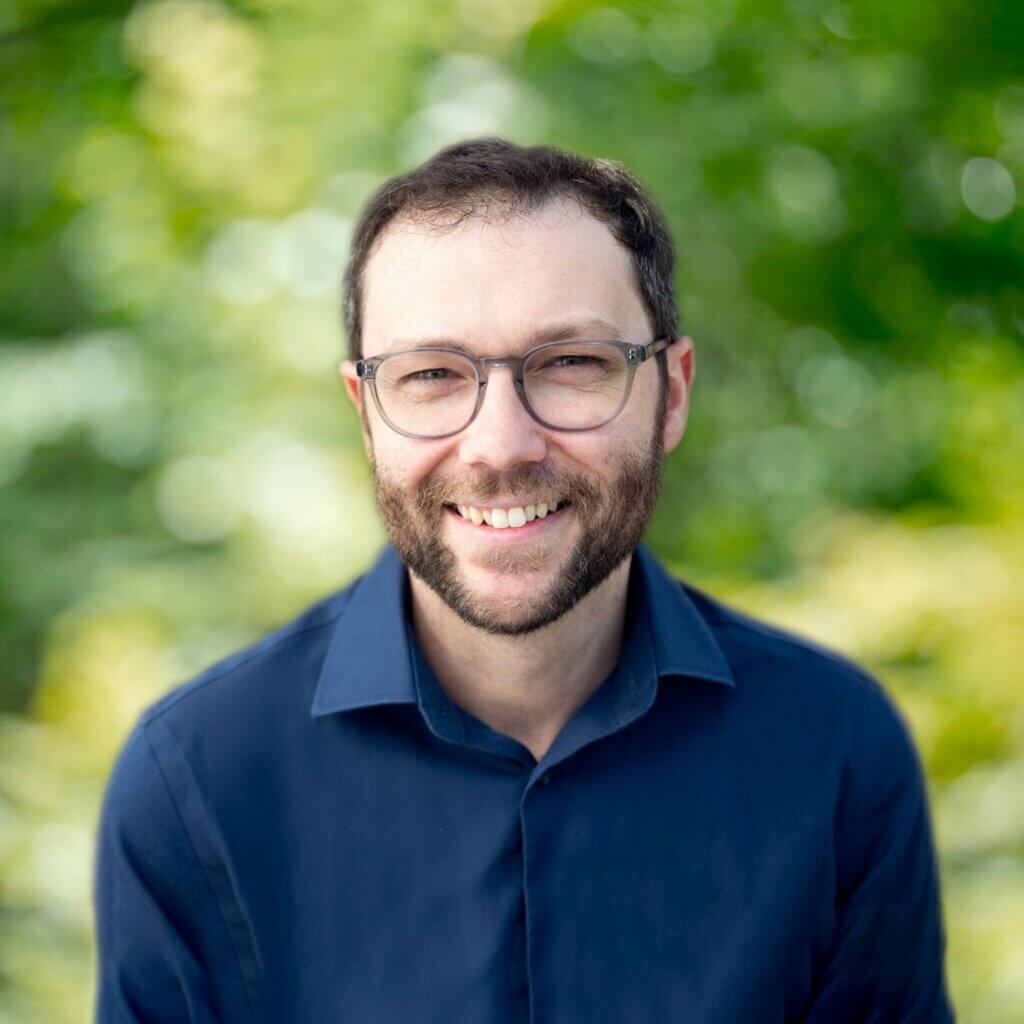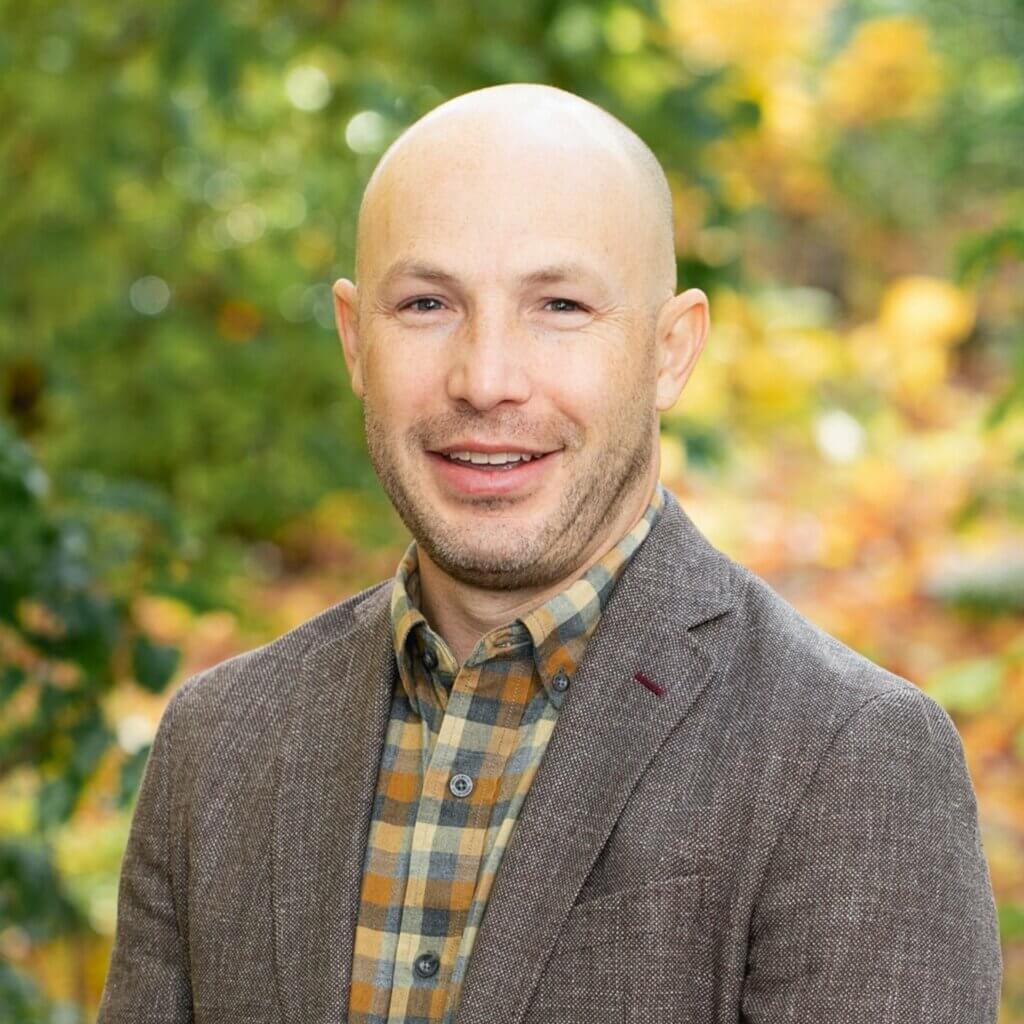Bakersfield, like many cities across California, is experiencing an affordable housing crisis. More than one-in-three Bakersfield households were cost burdened in 2019—spending more than 30 percent of their income on housing. And one-in-five households spent more than 50 percent of their income on rents or mortgages. Underproduction of housing contributes to the high costs. The city added only 377 affordable housing units during 2015-2020, which left a 9,329-unit gap.
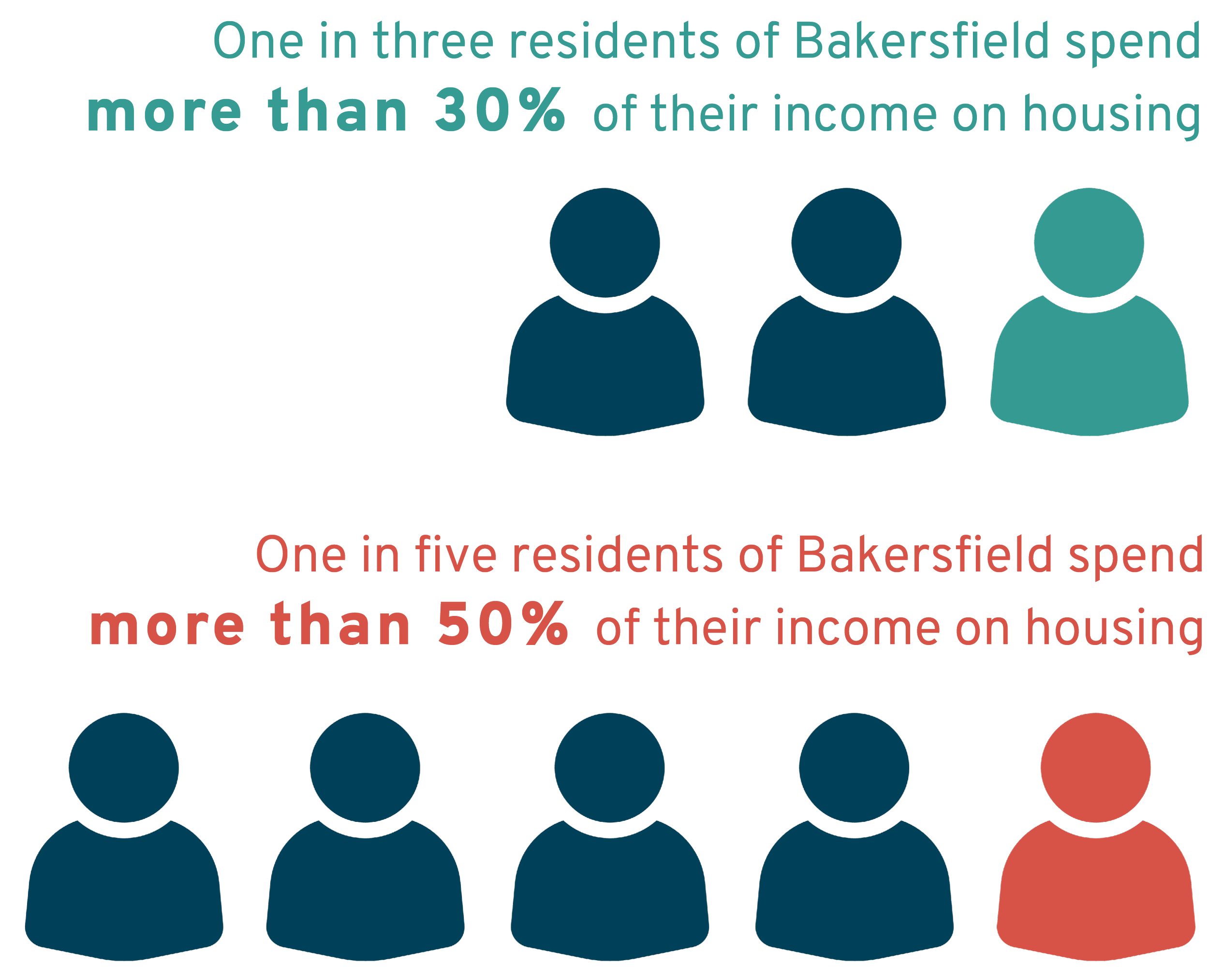 Enter California’s SB2 Planning Grant Program, which provided one-time grants to help cities plan for and accommodate the housing needs of their communities alongside a permanent funding source to increase the supply of affordable homes in California. In Bakersfield, the city wanted to ensure that it was deliberate in its use of this resource to deliver meaningful impact to the community. This started with listening. Responses to a community survey—which was made available online in English, Spanish, and Punjabi—underscored the affordability challenge. Three-quarters of respondents were unhappy with their current housing situations, and more than half said they knew “too many people who have been impacted by the lack of affordable housing.”
Enter California’s SB2 Planning Grant Program, which provided one-time grants to help cities plan for and accommodate the housing needs of their communities alongside a permanent funding source to increase the supply of affordable homes in California. In Bakersfield, the city wanted to ensure that it was deliberate in its use of this resource to deliver meaningful impact to the community. This started with listening. Responses to a community survey—which was made available online in English, Spanish, and Punjabi—underscored the affordability challenge. Three-quarters of respondents were unhappy with their current housing situations, and more than half said they knew “too many people who have been impacted by the lack of affordable housing.”
Asked to describe the “ideal Bakersfield,” the community responded, “safe and affordable.” Their most urgent priority was building housing for people experiencing homelessness, including permanent supportive and transitional housing. Close behind were housing for families, for seniors, and for people with special needs. Regarding solutions, the community voiced strong preferences for reducing building costs and creating incentives for affordable housing development.
Informed by the community, the project team—city staff, ECONorthwest, and Community Planning Collaborative (formerly Baird + Driskell Community Planning)—crafted a four-part strategic plan with 21 actions.
At its foundation is a new city toolkit to increase affordable housing production. Among the tools is the newly capitalized Affordable Housing Trust Fund, which could grow up to a projected $64 million during 2022-2026 and could support up to 1,700 new affordable units.
The city will also roll out the following tools and programs, among others:
- An online tool for developers to estimate impact fees
- An impact fee mitigation program
- An Accessory Dwelling Unit (ADU) incentive program
- Pre-approved ADU plans
- An online inventory of vacant sites suitable to accommodate affordable housing
The project produced a robust plan while also fostering new relationships. The strong partnerships established during strategy development—between the community, city leaders, city staff, housing developers, service providers, and businesses—will be key to successful implementation.
